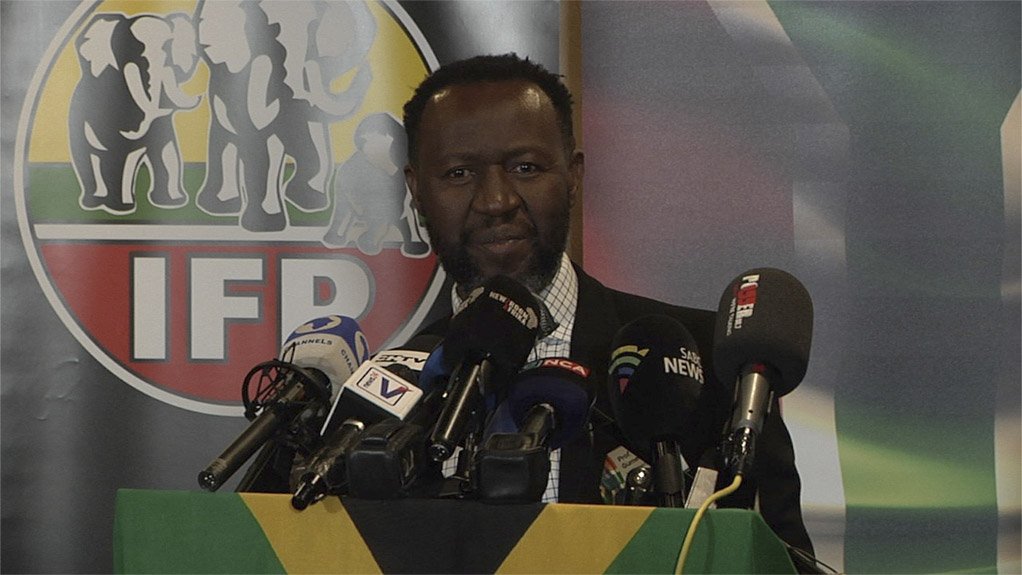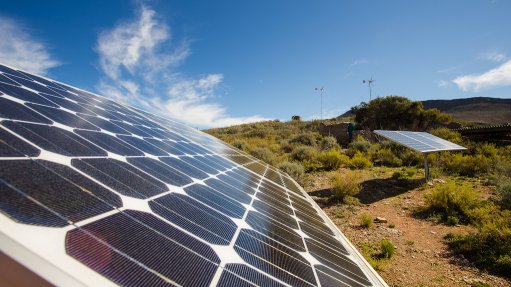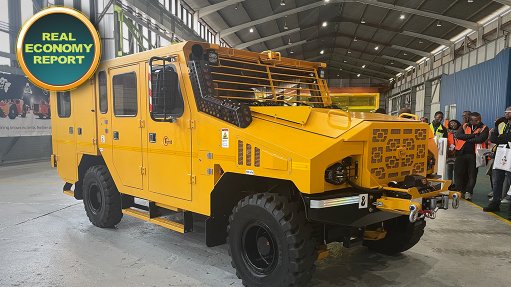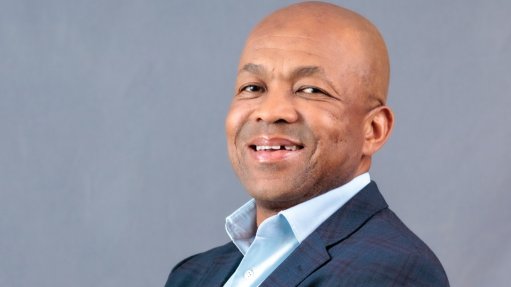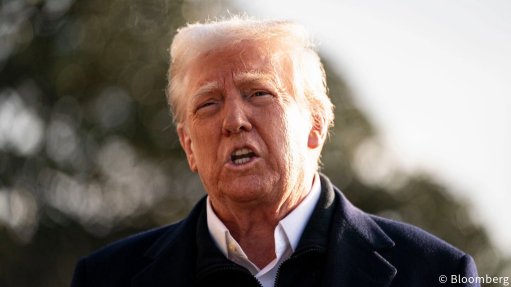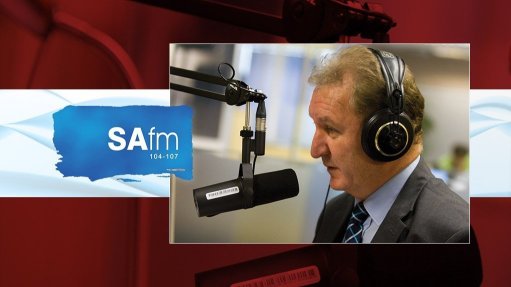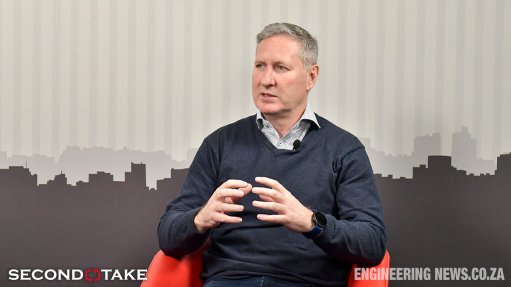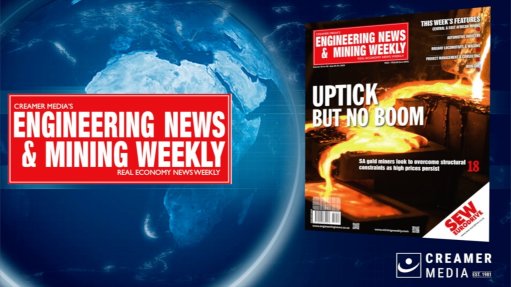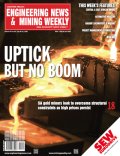GNU should ensure more consensus, accountability
The formation of the national Government of National Unity (GNU) has seemingly created a positive and optimistic mood among investors and society, but the onus is on coalition parties to demonstrate impactful change, say experts gathered by the FW de Klerk Foundation for a discussion.
Multi-Party Charter for South Africa, formerly the Moonshot Pact, chairperson Professor William Gumede explained that a GNU was usually formed when a country was in crisis and one party alone could not solve all its problems.
Such a government would often be more inclusive of business professionals and society, he added, bringing a much more diverse range of inputs into the governance mix.
Gumede said a GNU did not have one party making executive or ultimate decisions, rather, decisions were based on consensus.
In the last 30 years, the African National Congress (ANC) had instilled a majority decision-making culture, which was different from a consensus decision-making culture. “In a consensus, everyone compromises, and no one gets fully what they want,” Gumede said.
He pointed out that the “economic miracles” that elevated countries after World War Two often happened during periods of consensus-seeking growth, which South Africa was now pursuing.
“Consensus-based decision-making forces every political party and government to make decisions in the interest of society and not any one political party, where political parties often have different priorities to the public interest,” Gumede stated.
He expressed confidence that this public-centric thinking could drive real growth in the economy, particularly if the GNU took into account the country’s present factors as well as possible future factors, and was not focused solely on addressing the past.
One challenge the GNU faced was related to public sector officials, Gumede stated, explaining that public sector officials were used to making decisions based on the governing party, not the Constitution. South Africa had become a party-State wherein the ANC’s culture had become part of the State’s culture.
“The GNU must bridge that gap in order for the public sector to better deliver. This will require pragmatic and mature decisions based on the present, not the past,” Gumede said.
National Research Foundation African diplomacy and foreign policy chairperson Professor Chris Landsberg agreed with Gumede saying that parties of the GNU had to do away with ideology and pursue economic national interest.
He suggested rational ways to reprofessionalise the State, not necessarily reappointing each and every director-general.
Further, Lansberg pointed out that leaders of the ANC became too preoccupied with the party and lost control of the State in recent years.
It was now up to the seventh administration to professionalise and build a capable State: one that prioritised economic growth irrespective of ideology, prioritised education, prioritised basic healthcare, had a capable autonomous civil service incapable of being captured by private interests, and that was run by well-educated individuals.
MARKETS MATTER
Business Leadership South Africa CEO Busi Mavuso said a lot was riding on the outcome of the national elections, with the status quo being unsustainable.
She added that demand for local currency bonds had surged as a result of optimism over the coalition government. “We needed the GNU because markets have responded positively. If the markets had not ralied behind the current government, we would be in trouble as a country.”
Mavuso pointed out that foreign demand for local bonds was already more in the first half of the year than the whole of 2023 and that whether stakeholders liked it or not, the markets mattered.
She explained that because South Africa borrowed about R2-billion a day just to balance the books, additional investment was needed to actually grow the economy beyond current levels – for which international markets were crucial.
Mavuso highlighted the importance of South Africa having a good business case to present, particularly since more than half of the companies on the JSE were headquartered outside of South Africa.
“We are in a position where we can't lift ourselves out of this economic rut. We need someone to do it for us. In real terms, South Africa has not been growing since population growth is outstripping GDP growth.”
Mavuso emphasised the country needed to appeal to markets and capital, to demonstrate South Africa’s “investment worthiness”.
She mentioned that these investors were looking for sustainable fiscal policy and policy certainty on certain matters, not inclusiveness of the market or whether a particular party with ideologies was appointed.
“I hope this new government will not follow a narrative of not wanting to be dictated by the markets. Only by accessing the debt markets at reasonable costs will the State be able to fulfil its purpose.”
Moreover, Mavuso believes that President Cyril Ramaphosa became too preoccupied with rescuing the ANC at the cost of the country, by overly accommodating people who were involved in State capture. The GNU government, on the other hand, will not be able to get away with these kinds of things so easily.
She hopes that the seventh administration will be ruthless in this opportunity to eradicate poverty, grow the economy and build a capable State.
OTHER VIEWS
University of South Africa Department of Political Sciences' Professor Dirk Kotzé said the relationship between government and citizens was determined by the Constitution, or rather the adherence thereto.
He explained that a GNU could not exist if it did not align with the Constitution, since it became the foundation or point of departure for any government that was established.
The Constitution advocates for a rule-based government and tempers the powers of the executive. The GNU will not be a “free-for-all” situation, rather it will be defined by the confines of the Constitution.
The GNU in its very nature needs more consensus and commitment on economic development, including corporate relationships, national dialogue and social components.
Kotzé said that, with the GNU now comprising a 70% majority, opposition parties such as Economic Freedom Fighters and uMkhonto weSizwe hada duty to ensure that the GNU did not undermine the opposition and that internal debates took place fairly regardless of the GNU size.
FW de Klerk Foundation chairperson Elita de Klerk said for any coalition government to be effective it required a mind shift to focus on the priorities of the public, as well as the willingness to take action alongside more stakeholders.
Democratic consolidation think tank Konrad-Adenauer-Stiftung project coordinator Christaan Endres agreed, saying that the GNU promoted democracy by fostering dialogue between the private sector, civil society and policymakers.
With more public debate involved in policymaking, politicians can be held accountable.
FW de Klerk Foundation executive director Christo van der Rheede echoed this sentiment, saying that the voice of civil society would become even more important and that citizens could take co-responsibility in democracy and ensure it became a reality for people.
University of the Witwatersrand Department of International Relations Associate Professor Dr Sizwe Mpofu-Walsh said political parties in a GNU would be more easily held accountable and forced to be transparent, with the ANC now not being able to steamroll its decisions or reforms.
However, he said although the ANC lost in the election, it gained in the negotiations for the GNU. “We have a much less legitimate ANC that holds a disproportionate amount of power.”
With the GNU needing to have a more consensus-driven approach, and thereby needing more dialogue with stakeholders, Mpofu-Walsh warned that dialogue should not happen at the expense of action – talks needed to be directed firmly twardo something changing and not end up being an endless gridlock or endless consultation process.
“The GNU needs to convene a national discussion while it acts, and decisively so,” the experts agreed.
Comments
Press Office
Announcements
What's On
Subscribe to improve your user experience...
Option 1 (equivalent of R125 a month):
Receive a weekly copy of Creamer Media's Engineering News & Mining Weekly magazine
(print copy for those in South Africa and e-magazine for those outside of South Africa)
Receive daily email newsletters
Access to full search results
Access archive of magazine back copies
Access to Projects in Progress
Access to ONE Research Report of your choice in PDF format
Option 2 (equivalent of R375 a month):
All benefits from Option 1
PLUS
Access to Creamer Media's Research Channel Africa for ALL Research Reports, in PDF format, on various industrial and mining sectors
including Electricity; Water; Energy Transition; Hydrogen; Roads, Rail and Ports; Coal; Gold; Platinum; Battery Metals; etc.
Already a subscriber?
Forgotten your password?
Receive weekly copy of Creamer Media's Engineering News & Mining Weekly magazine (print copy for those in South Africa and e-magazine for those outside of South Africa)
➕
Recieve daily email newsletters
➕
Access to full search results
➕
Access archive of magazine back copies
➕
Access to Projects in Progress
➕
Access to ONE Research Report of your choice in PDF format
RESEARCH CHANNEL AFRICA
R4500 (equivalent of R375 a month)
SUBSCRIBEAll benefits from Option 1
➕
Access to Creamer Media's Research Channel Africa for ALL Research Reports on various industrial and mining sectors, in PDF format, including on:
Electricity
➕
Water
➕
Energy Transition
➕
Hydrogen
➕
Roads, Rail and Ports
➕
Coal
➕
Gold
➕
Platinum
➕
Battery Metals
➕
etc.
Receive all benefits from Option 1 or Option 2 delivered to numerous people at your company
➕
Multiple User names and Passwords for simultaneous log-ins
➕
Intranet integration access to all in your organisation



